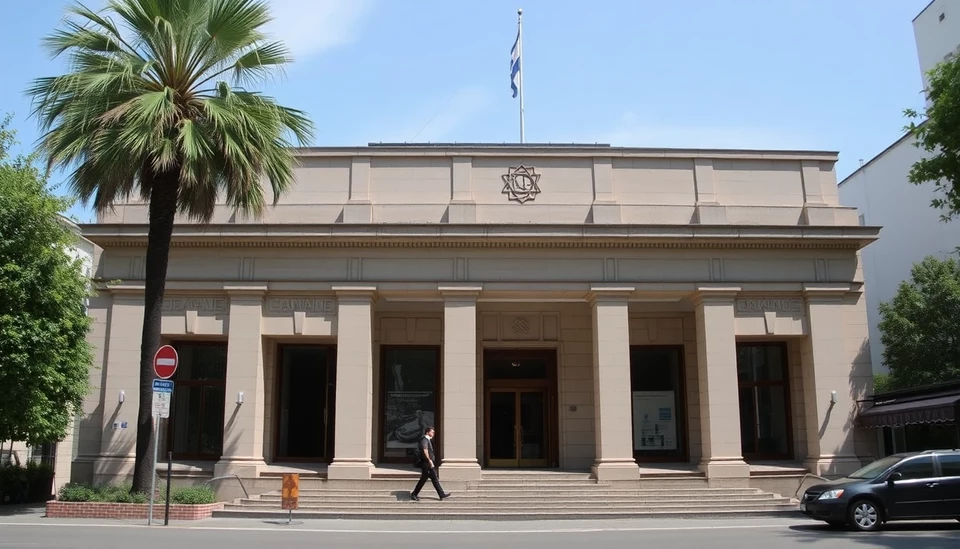
In a significant decision reflecting the current economic climate, Israel's central bank has opted to hold its benchmark interest rate steady at 4.5%. This announcement, made amidst ongoing military conflict and a backdrop of rising inflation, underscores the bank's cautious approach as it navigates the complexities of a challenging economic landscape.
The central bank's leadership, led by Governor Amir Yaron, is deeply aware of the geopolitical tensions affecting the nation, particularly the ongoing war that has intensified since the Hamas attack on October 7. This tumultuous situation has had far-reaching implications on various sectors, leading to increased uncertainty regarding economic stability and growth prospects.
Despite current inflationary pressures, which have been exacerbated by supply chain disruptions and heightened costs of living, the bank's decision to keep rates unchanged reflects a careful balancing act between controlling inflation and supporting economic growth. The Israeli economy has been showing signs of slowing down, with experts predicting GDP growth to decelerate from previous forecasts. The central bank's primary goal remains to rein in inflation while ensuring that the economy does not slip into recession amid these unprecedented challenges.
Recent indicators show that the inflation rate stands at a stubborn 4.1%, significantly above the bank’s target of 1% to 3%. However, Yaron emphasized the importance of analyzing long-term trends rather than reacting to short-term fluctuations, particularly given the extraordinary security situation that may be amplifying financial pressures.
As the central bank assesses the evolving scenario, it remains vigilant about the potential impact of external factors, including rising global energy prices and ongoing geopolitical tensions, which could further influence domestic inflation rates. The bank's communication strategy suggests that policymakers are prepared to take necessary actions in future meetings, depending on the trajectory of the economy and inflation trends.
Investors and analysts will be closely watching the next monetary policy meeting, scheduled for early 2024, which may signal potential shifts in policy if economic conditions worsen or if inflation continues to rise uncontrollably. The present stance of holding rates aims to stabilize the economy during a period marked by both conflict and uncertainty.
With worldwide markets reacting to similar inflationary trends, Israel’s central bank is not alone in grappling with these issues. Central banks globally are facing the dual challenge of managing inflation while ensuring economic resilience, a task that has grown increasingly complex in today's volatile environment.
In conclusion, Israel's decision to maintain the interest rate highlights a prudent approach to current economic dilemmas influenced by war and inflationary pressures. As circumstances evolve, all eyes will be on Israel's central bank as it determines the best path forward for its economy.
#Israel #CentralBank #InterestRates #Economy #Inflation #GeopoliticalTensions #BankPolicy #FinancialStability #GDPGrowth
Author: Rachel Greene




